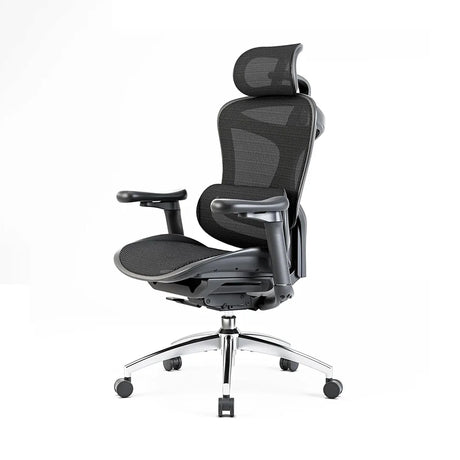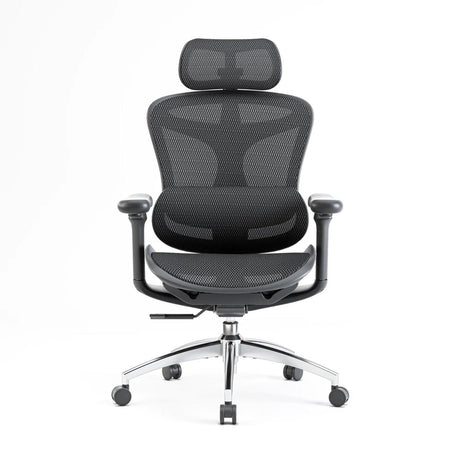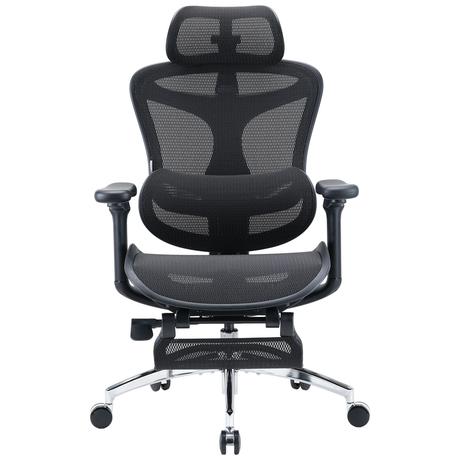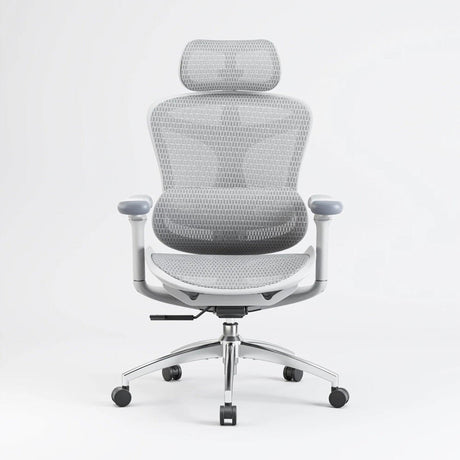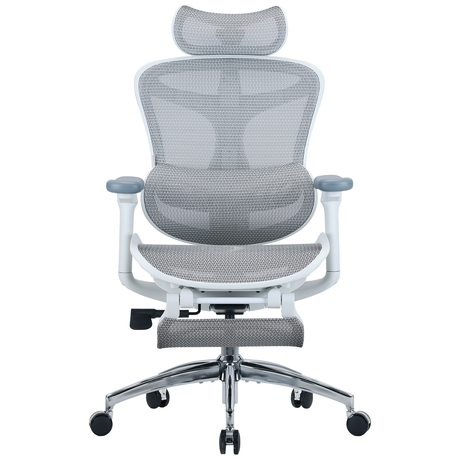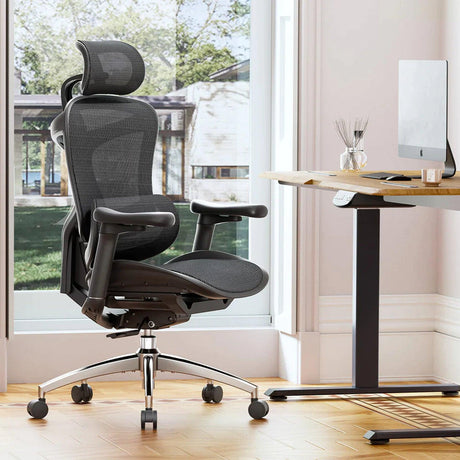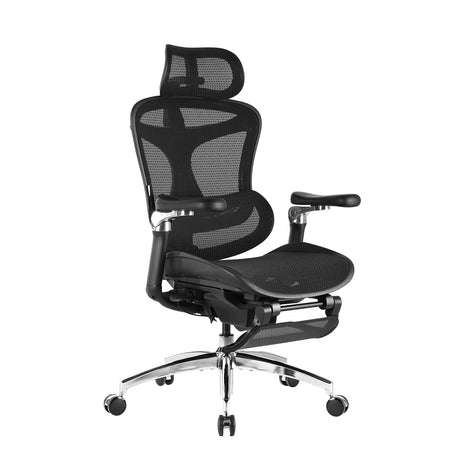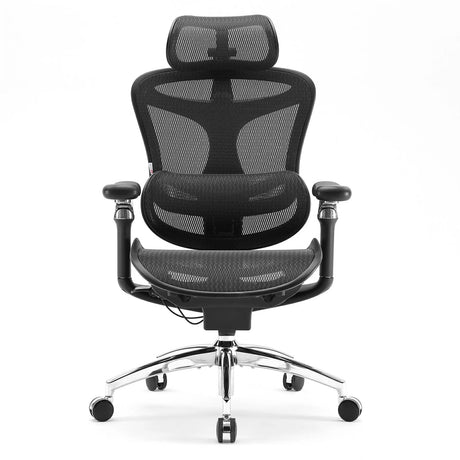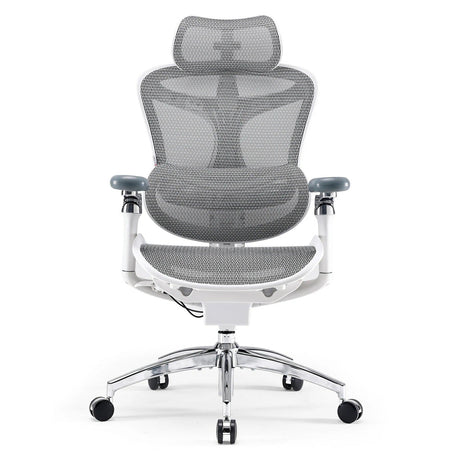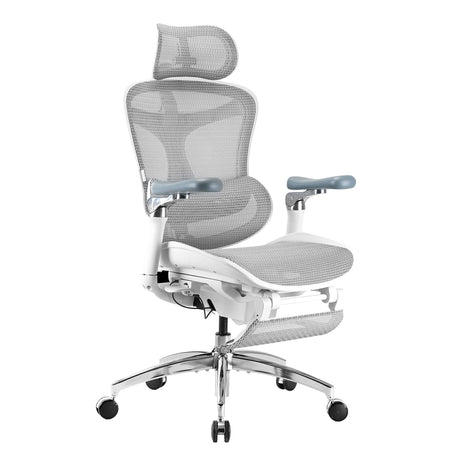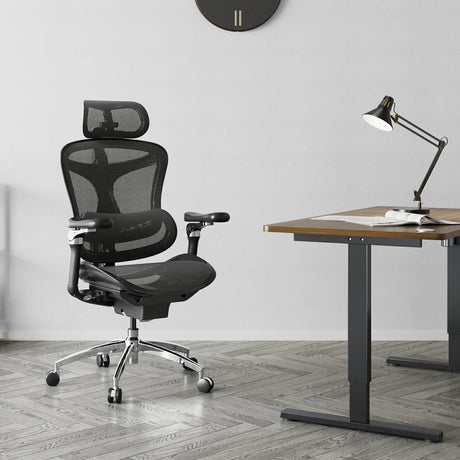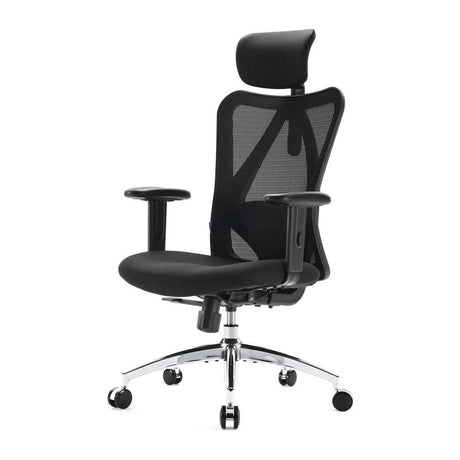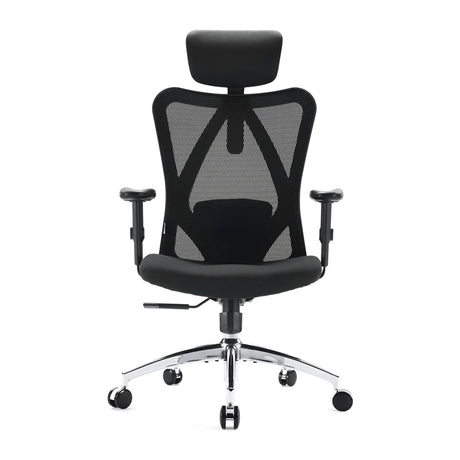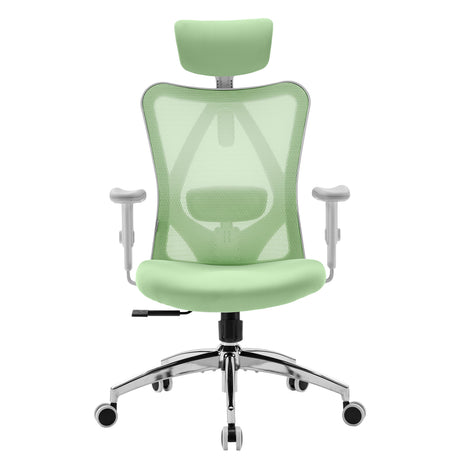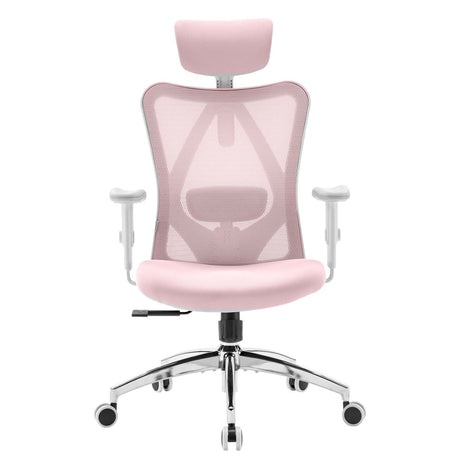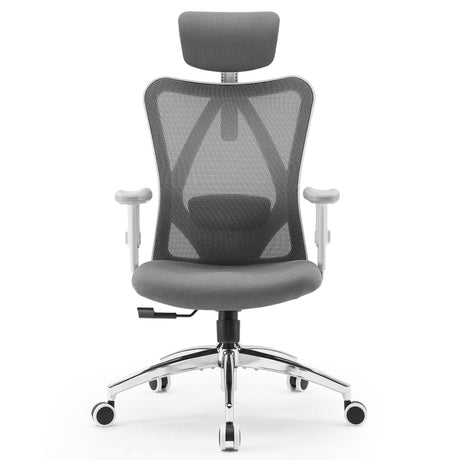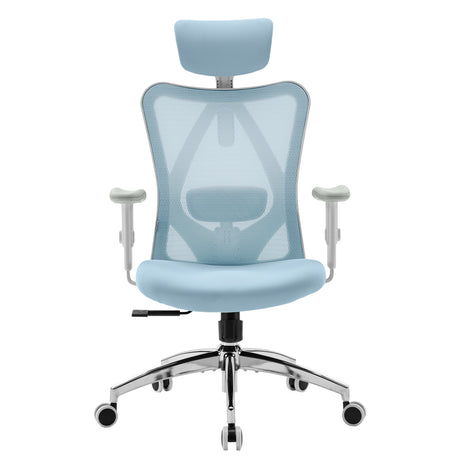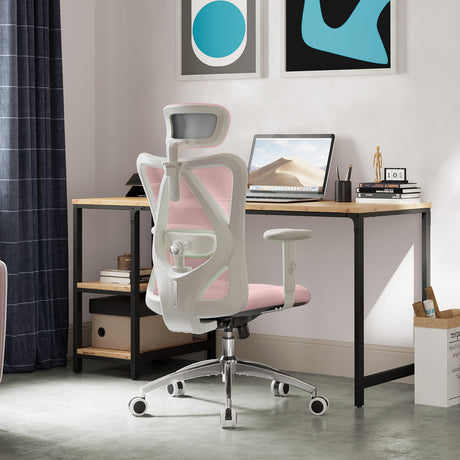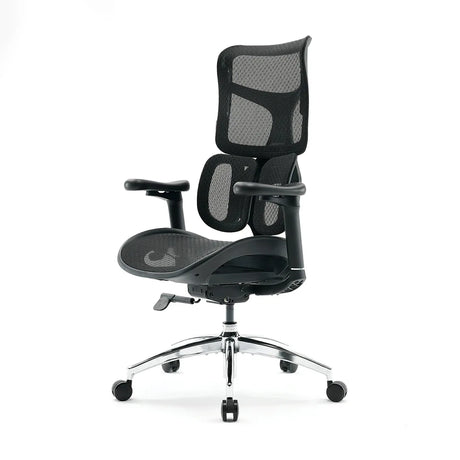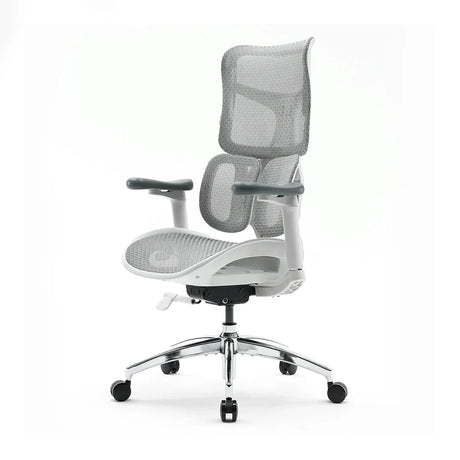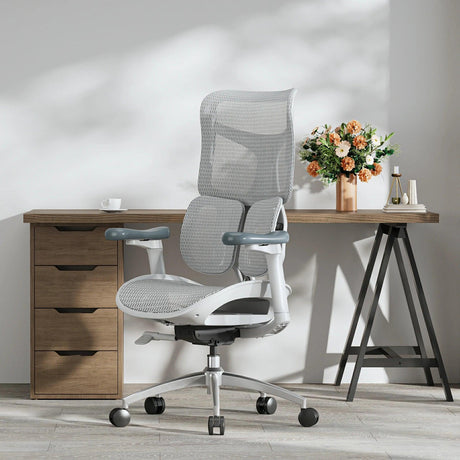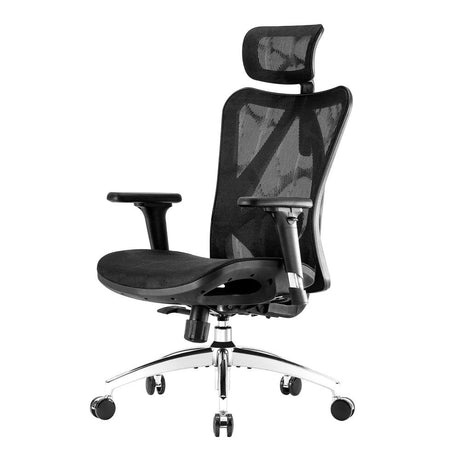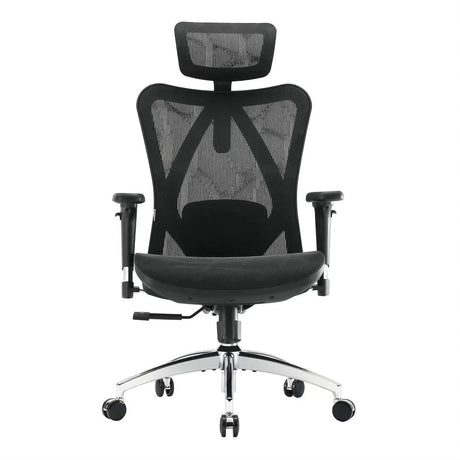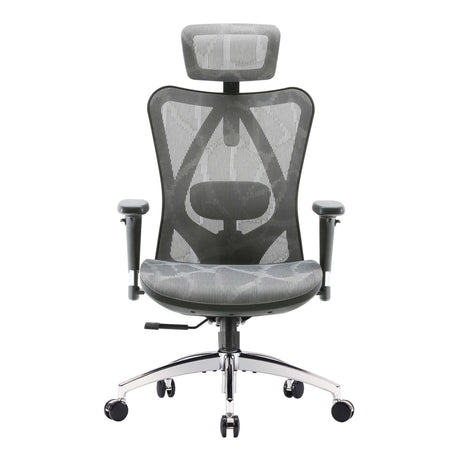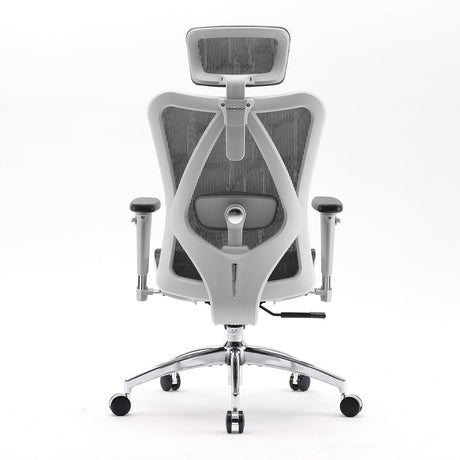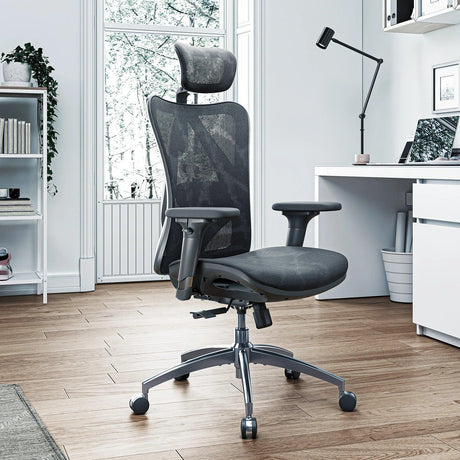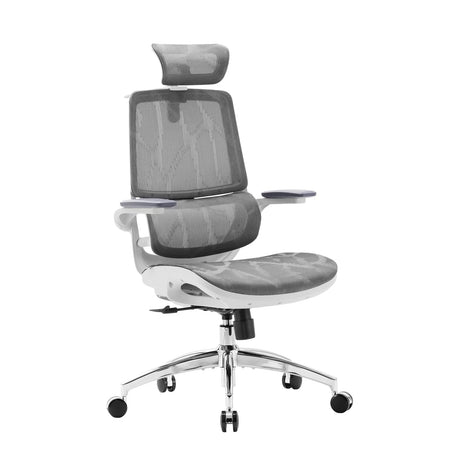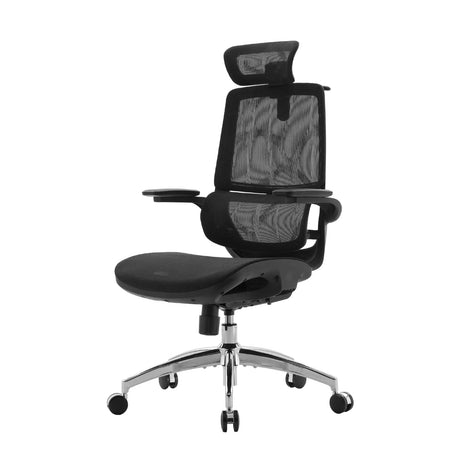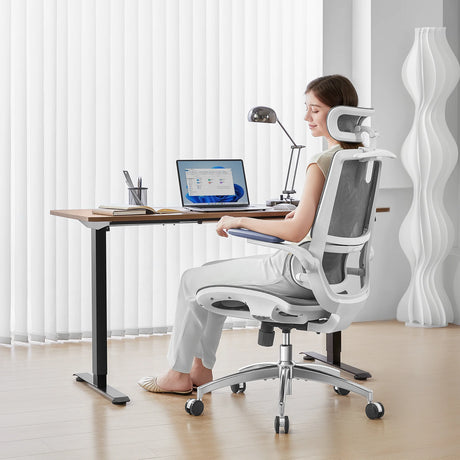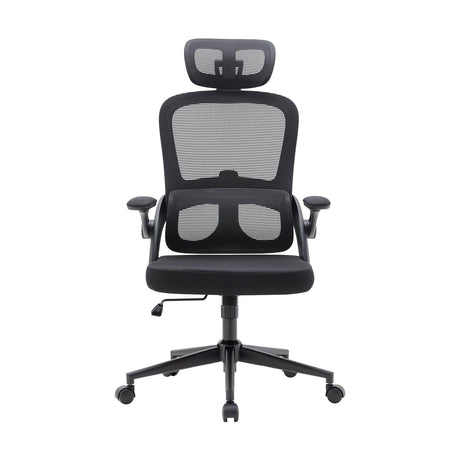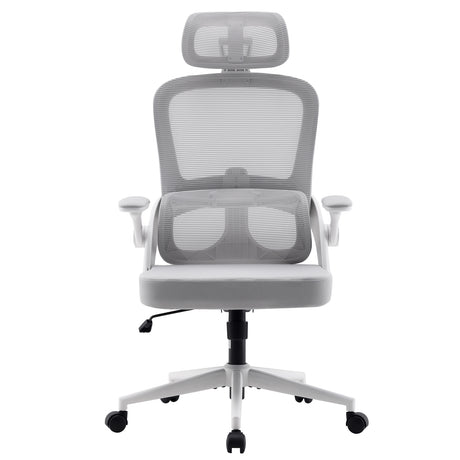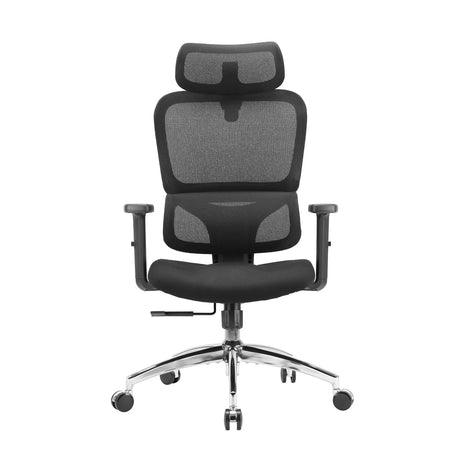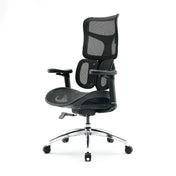As the world moves towards sustainability, the furniture industry, including office seating, has embraced environmentally friendly practices. Among these, mesh office chairs have emerged as a standout in the realm of sustainable seating solutions. Their innovative design not only prioritizes ergonomics but also offers a compelling case for eco-conscious consumers. Let’s explore the environmental impact of mesh office chairs and how they contribute to sustainable workplaces.
The Rise of Mesh Office Chairs
Mesh office chairs have gained popularity for their breathability, comfort, and ergonomic support. Unlike traditional padded chairs, mesh chairs utilize a lightweight, flexible fabric stretched over a sturdy frame. This design ensures airflow for the user while requiring fewer resources for production, making them inherently more sustainable.
Eco-Friendly Materials
Many mesh chairs today are crafted with recycled and recyclable materials, reducing their carbon footprint. Manufacturers often use:
- Recycled Plastics: High-quality, durable plastics sourced from post-consumer waste.
- Steel and Aluminum Frames: These metals are highly recyclable and offer longevity, reducing the need for frequent replacements.
- Non-Toxic Mesh Fabrics: Mesh fabrics are increasingly made from recycled polyester, which is durable and eco-friendly.
This conscious material selection supports a circular economy, where products are designed to be reused or recycled at the end of their lifecycle.
Energy-Efficient Manufacturing
The production process for mesh chairs is often more energy-efficient compared to traditional upholstered chairs. For instance:
- Reduced Material Usage: Mesh chairs use less foam and padding, which are often derived from petroleum-based materials.
- Simplified Assembly: Many mesh chairs are designed with fewer components, minimizing energy consumption during manufacturing and assembly.
- Localized Production: Some manufacturers opt for localized production to cut down on transportation emissions.
Longer Lifespans and Reduced Waste
One of the most significant environmental benefits of mesh chairs is their durability. High-quality mesh chairs:
- Retain their shape and strength over years of use, reducing the frequency of replacement.
- Feature modular designs, enabling users to replace individual components (e.g., armrests or wheels) rather than discarding the entire chair.
- Are lightweight and stackable, reducing space during transport and storage, which lowers emissions associated with logistics.
Recycling at End-of-Life
Recycling plays a critical role in minimizing the environmental impact of any product. With mesh office chairs:
- Disassembly: Modular designs allow for easy separation of components like plastic, metal, and fabric.
- Recyclable Parts: Metals and plastics used in mesh chairs are commonly accepted by recycling programs.
- Upcycling Opportunities: Creative solutions, such as repurposing frames or fabric for other uses, are gaining traction.
These practices ensure that the end-of-life impact of a mesh office chair is minimal.
Certifications and Sustainable Practices
Consumers seeking eco-friendly options should look for chairs with certifications such as:
- GREENGUARD Certification: Ensures low chemical emissions, improving indoor air quality.
- BIFMA Level Certification: Confirms sustainability and corporate responsibility in the production process.
- ISO 14001 Certification: Demonstrates commitment to minimizing environmental impact.
Manufacturers with these certifications are often dedicated to sustainable practices throughout their supply chain.
The Future of Sustainable Seating
As the demand for eco-friendly products grows, the office furniture industry is innovating to create net-zero carbon chairs. Some trends to watch for include:
- Biodegradable Mesh Fabrics: Materials that decompose naturally without harming the environment.
- Carbon Offsetting Initiatives: Manufacturers investing in renewable energy or tree-planting programs to offset their environmental impact.
- Cradle-to-Cradle Designs: Products designed for continuous reuse in the manufacturing process.
Choosing the Right Mesh Office Chair
When purchasing a mesh office chairs, consider the following:
- Material Origin: Opt for chairs made from recycled or sustainable materials.
- Durability: Invest in a chair that promises longevity to reduce waste.
- Repairability: Choose modular designs that allow for easy repairs and component replacement.
- Manufacturer Responsibility: Support brands committed to reducing their environmental footprint.
Conclusion
Mesh office chairs are not just an ergonomic innovation but also a step forward in sustainable design. By choosing a mesh chair crafted with eco-friendly materials, energy-efficient processes, and recycling initiatives, businesses and individuals can contribute to a healthier planet. As consumers, our choices matter — and opting for sustainable seating solutions is a simple yet impactful way to support the environment while enjoying unparalleled comfort at work.
Let’s sit sustainably, for the future of our planet!

